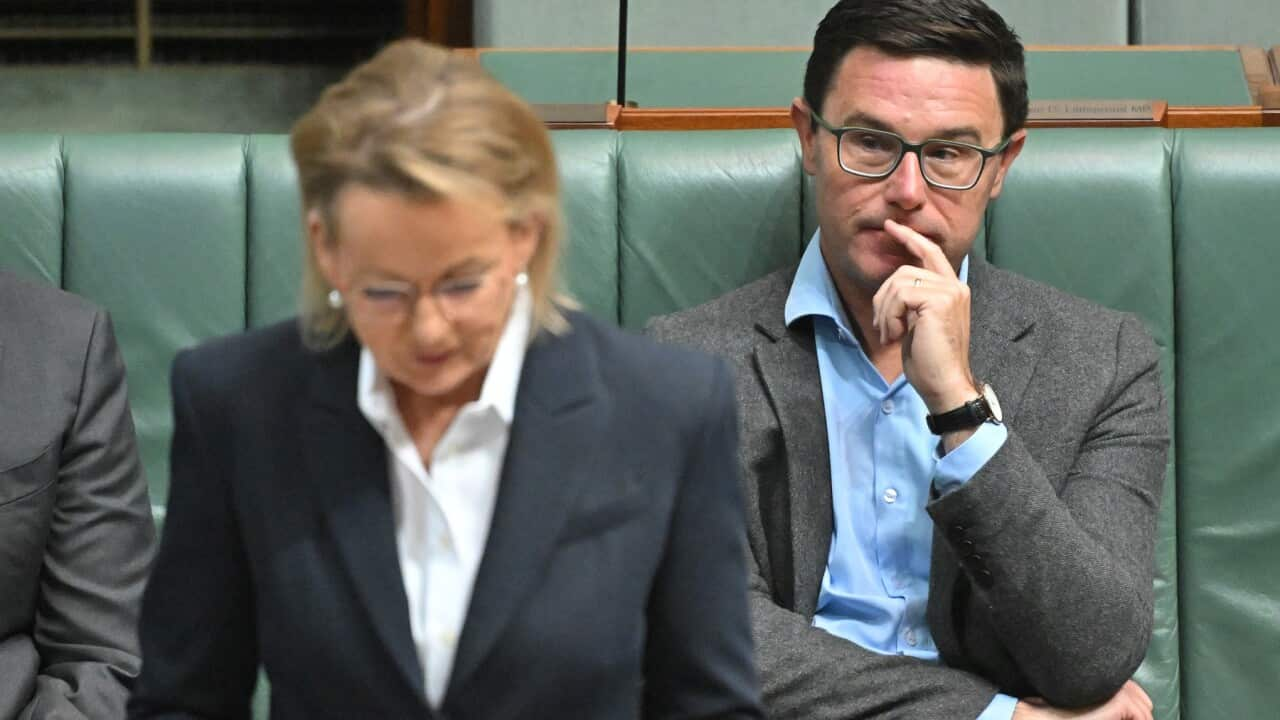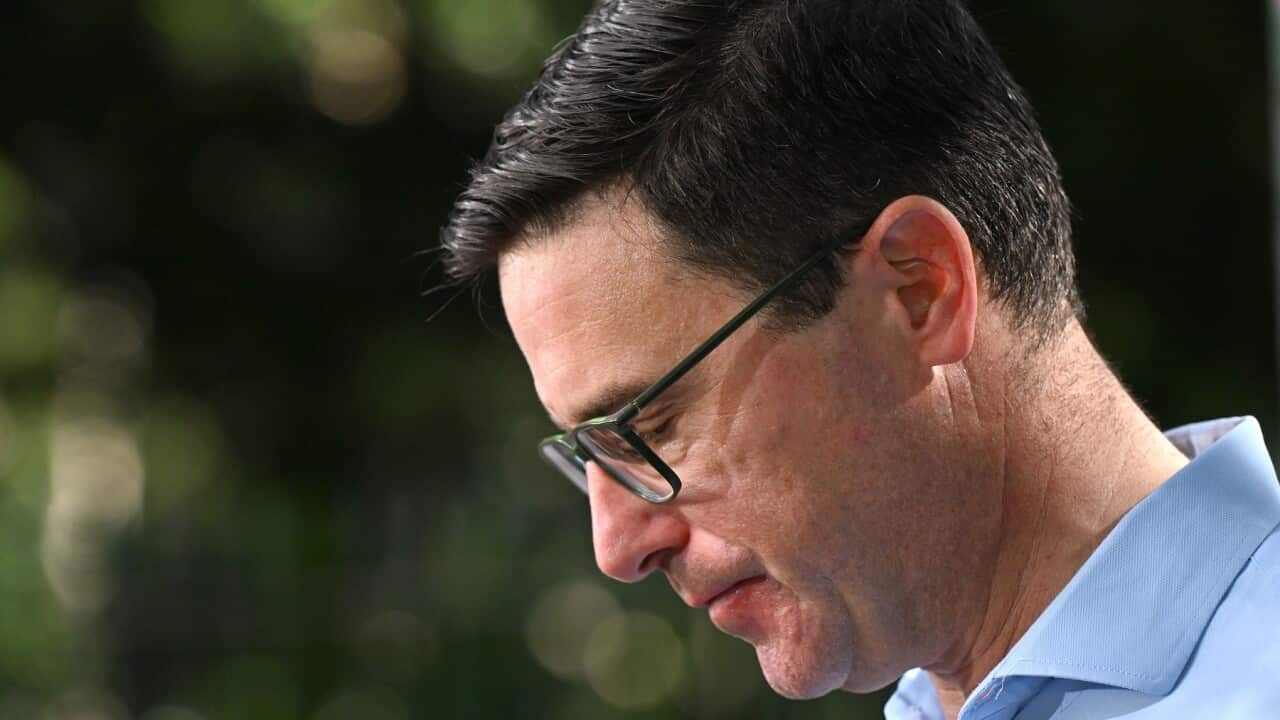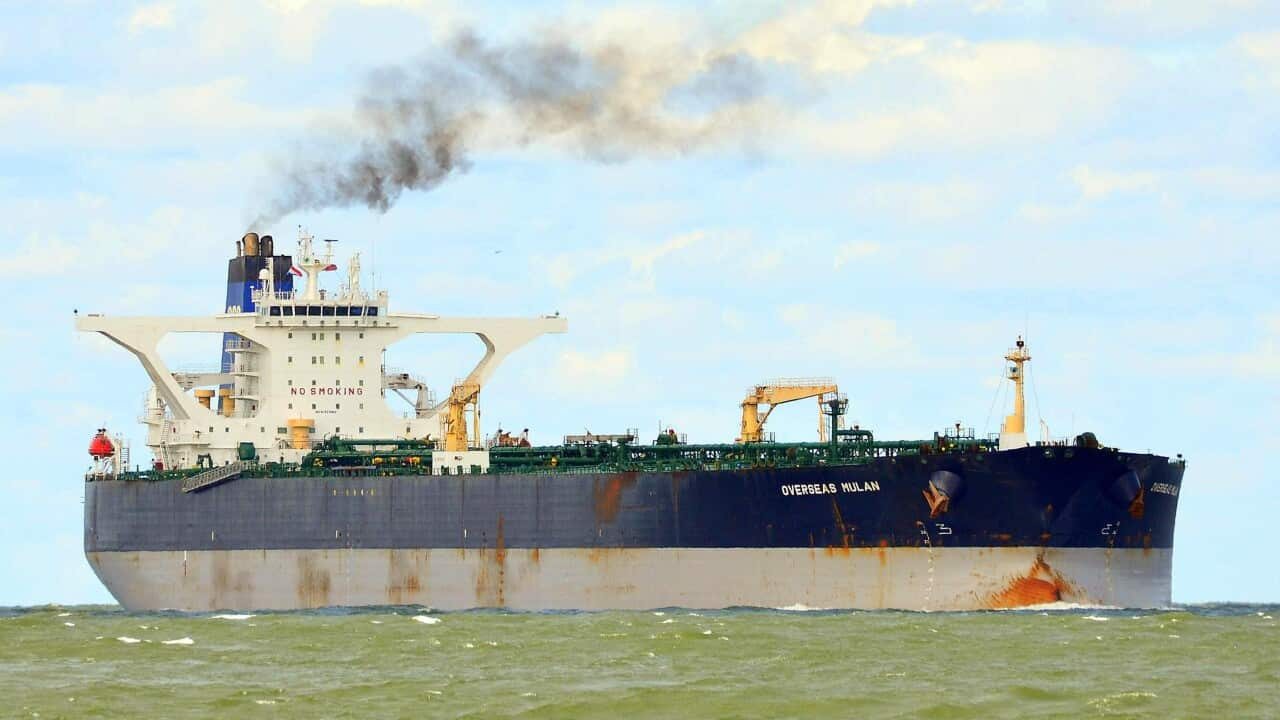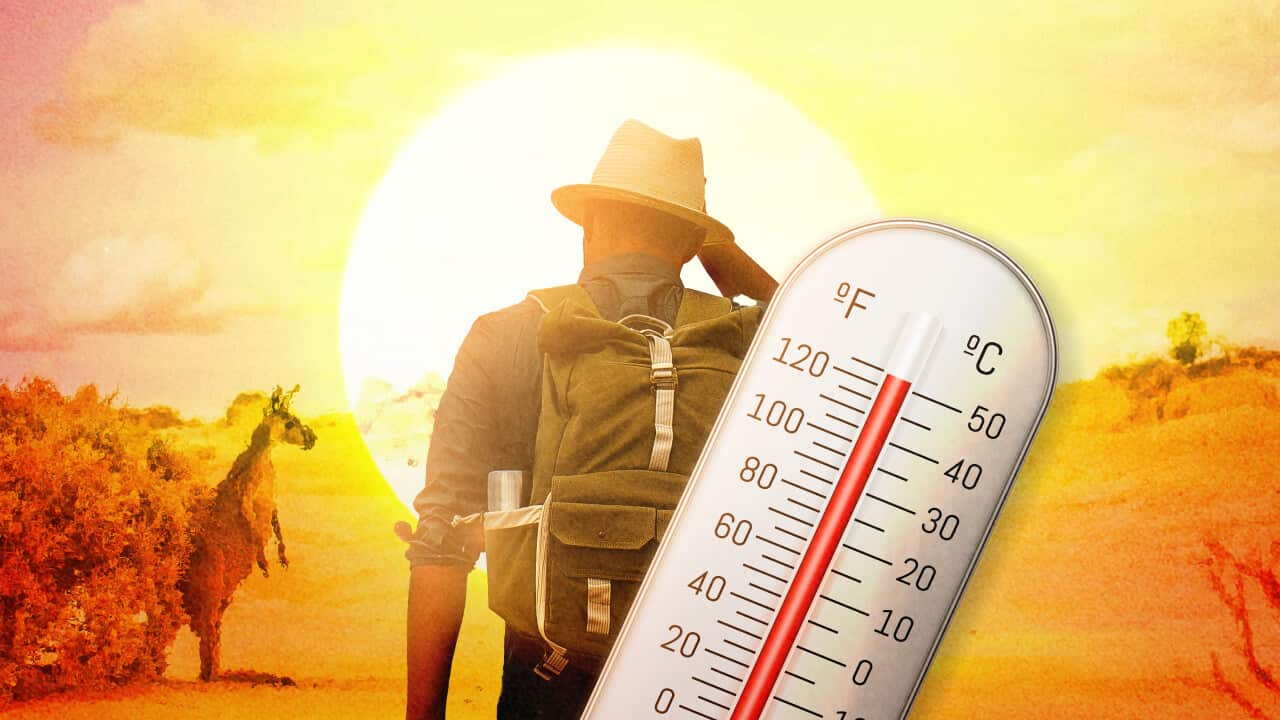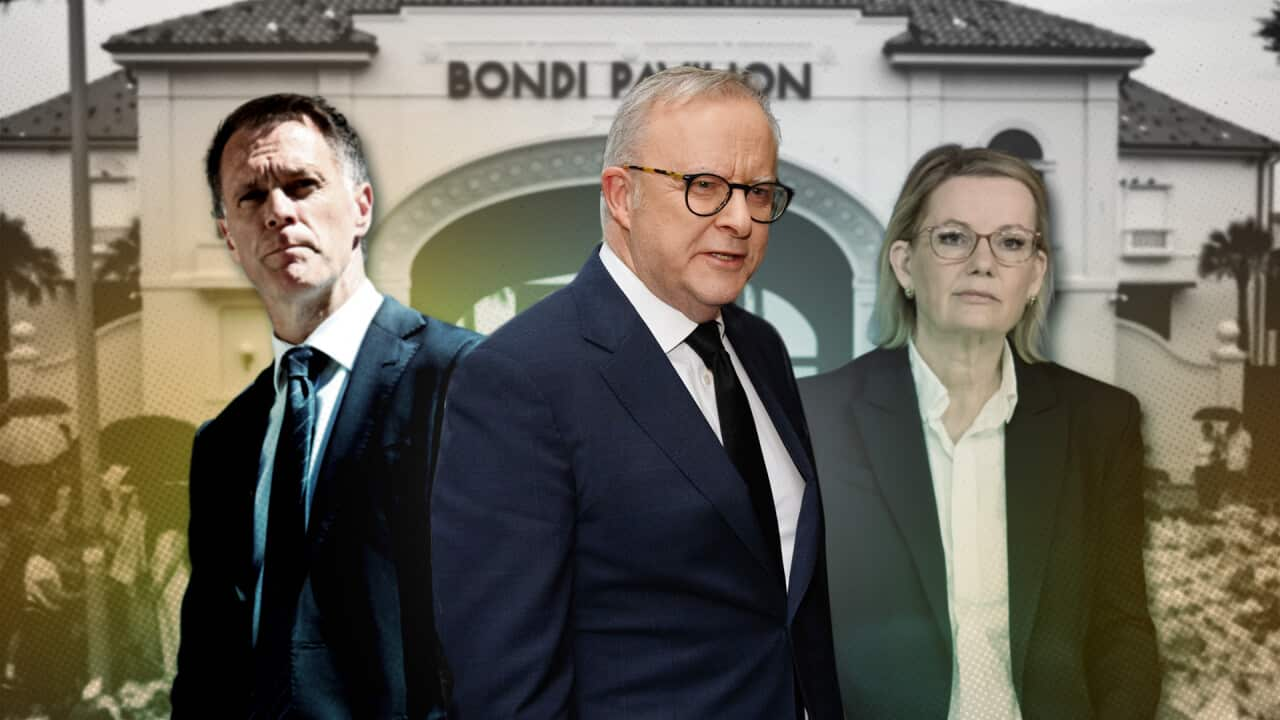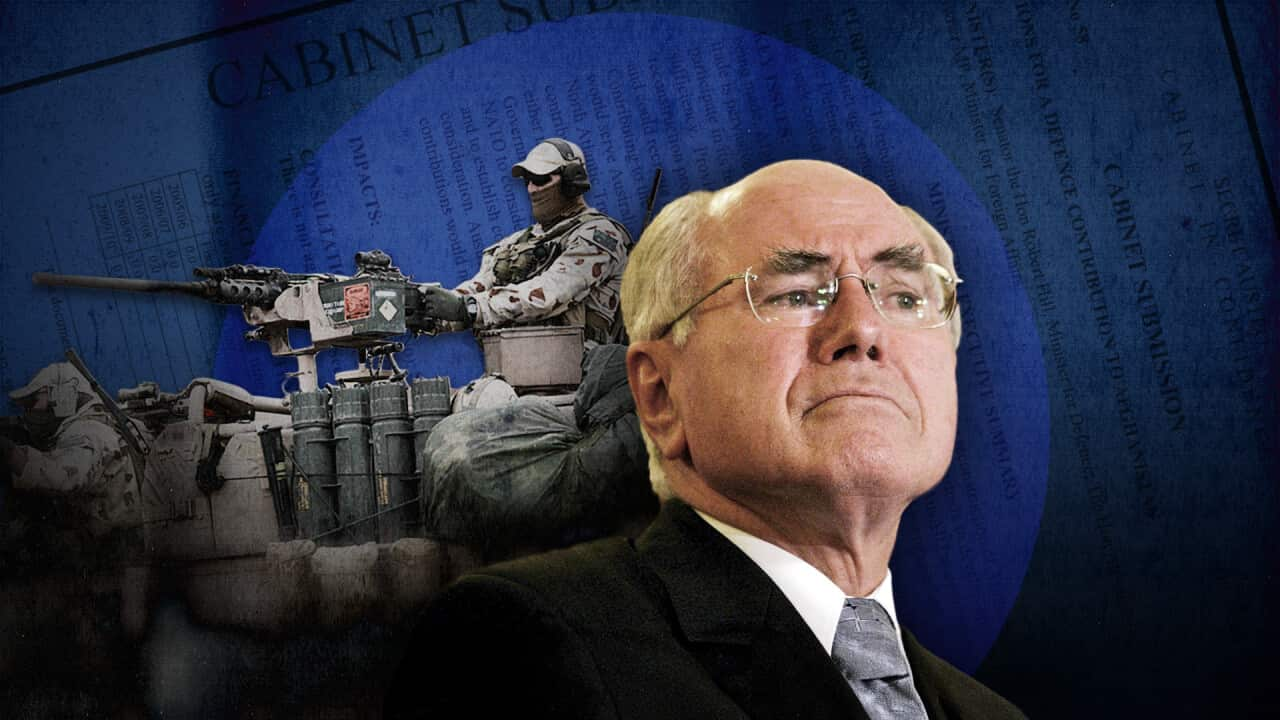Listen to Australian and world news, and follow trending topics with SBS News Podcasts.
TRANSCRIPT
For weeks, the government has been saying it's a question of when, not if, Australia will recognise a Palestinian state.
And now we know the when.
Prime Minister Anthony Albanese....
"At the 80th session of the United Nations General Assembly in September, Australia will recognise the state of Palestine."
Australia will join France and Canada in recognising a Palestinian state at the General Assembly... with the United Kingdom also likely to use the conference as the moment for formal recognition.
It comes after Israeli Prime Minister Benjamin Netanyahu criticised Australia's response to the conflict.
"Those who say that Israel has a right to defend itself are also saying, but don't exercise that right when we do what any country would do faced with this genocidal terrorist organisation that has performed the worst attack on Jews since the Holocaust, I think we're actually applying force judiciously, and they know it. They know what that what they would do if right next to Melbourne or right next to Sydney, you had these horrific attacks, I think you would do it at least, what we're doing probably maybe not as efficiently and as precise as precisely as we're doing it."
Mr Netanyahu also criticising Australia's steps towards recognising a Palestinian state... with Anthony Albanese today confirming he put Australia's position to his Israeli counterpart in a phone call last week.
"To have European countries and Australia march into that, march into that rabbit hole, just like that, fall right into it and buy this canard is disappointing, and I think it's it's actually shameful."
Foreign Minister Penny Wong says recognition of a Palestinian state has been a long time in the works.
"It's been more than 77 years since the world promised a Palestinian state knowing that there cannot be lasting peace for both peoples without a two state solution."
Britain controlled what was known as the Palestine Mandate between 1922 and 1948.
Following the Holocaust and the Second World War the mandate ended and was replaced with a plan for an Arab State and a Jewish state living side by side.
Israel declared independence in 1948 and was admitted as member of the U-N the following year.
Israel is currently recognised by 165 member states.
In 1988, Palestinian leader Yasser Arafat proclaimed an independent Palestinian state with Jerusalem as its capital during the first intifada or uprising, with the goal of independent Israeli and Palestinian states existing side by side.
82 countries recognised a Palestinian state by the end of that year.
As of March this year, the State of Palestine has been recognised by 147 of 193 U-N member states.
Israel's bombardment of Gaza, which has killed at least 60,000 people in retaliation for Hamas' killing of around 1,200 people in Israel on October 7 2023, has renewed support for countries to recognise a Palestinian state.
Shahram Akbarzadeh is Professor of Middle East Politics at Deakin University.
He says the way Israel has responded to the October 7 attacks has ended up increasing support of a Palestinian state.
"The global public opinion has really turned against Israel, very much because of what Israel has done over the past nearly two years, the indiscriminate killing of civilians, the blockade put on Gaza that prevents food and medicine from going in, from water going in, it bars Palestinians in Gaza to go out and fish for food, basically has turned public opinion against Israel, and has really accelerated the global momentum for recognition of Palestine."
But he says Palestine is unlikely to become a fully fledged member of the United Nations.
"The resolution for a Palestinian state has to be approved by the UN Security Council, and that means the United States has veto power on this decision. So what this is, what the Australian Government is doing is adding force and telling the United States that the global community wants to see an end to the conflict, that the global community sees no end to the conflict if we wait for a diploma. Diplomatic discussion between Israel and Palestine, because Israel has demonstrated it has no interest in negotiating a future Palestinian state."
The United States has consistently criticised countries for moving to recognise a Palestinian state, and in 2024, it vetoed a resolution that would have granted Palestine full UN membership.
These full member benefits include having its armed forces under the protection of a state, conducting diplomacy, establishing relations with other countries like trade ties and mounting legal claims against Israel in all international bodies under state sovereignty.
By recognising a Palestinian state, Australia can have more formal diplomatic relations with the state, allowing the diplomatic mission to be upgraded to an embassy.
Professor Akbarzadeh says Australia's actions will also add pressure on the United States to recognise a Palestinian state.
"It definitely has symbolic value, but it also has tangible value, and that is, it's showing the United States that it is embarrassing for Washington to stand against such overwhelming public opinion, and it's embarrassing for the United States to stop the process of a future peace in the Middle East."
But the federal coalition is concerned about the move putting Australia at odds with the United States.
Coalition frontbencher Angus Taylor says the previously outlined conditions should be met before formal recognition.
"The risk here is the government is putting the cart before the horse. There's over a long period of time, been agreement that preconditions that I've laid out are absolutely necessary before we see recognition of Palestine, and those preconditions are very reasonable, the release of hostages, the demilitarisation of Hamas, the recognition of Israel, agreement on borders. These are not new conditions probes, and this is, this is why they are so essential. It seems to me, the government is moving away from those being preconditions necessary for recognition of Palestine, and that is a big shift in the position of the government."

